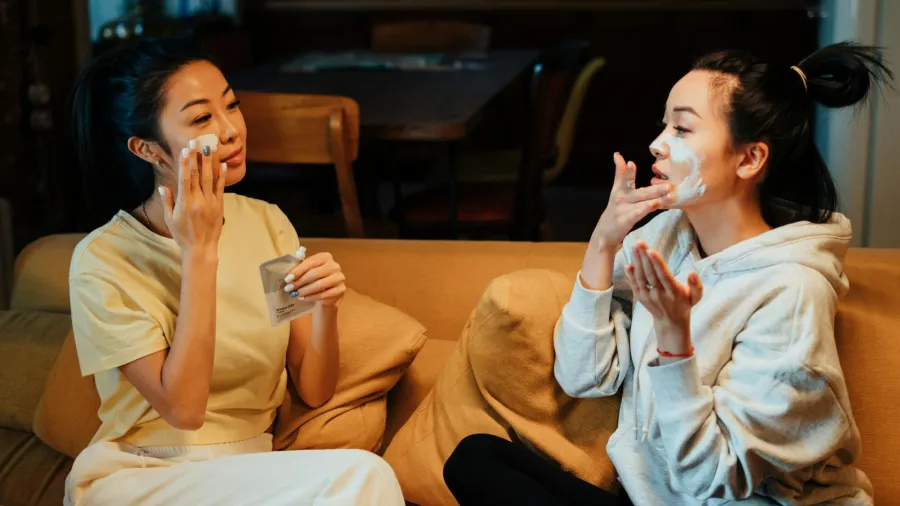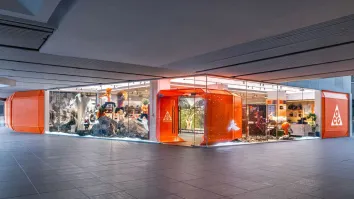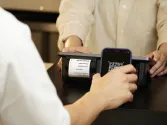
Beauty industry adapts to lifestyle-based product use
Buyers now choose beauty products based on daily activities like work, exercise, or bedtime.
The beauty industry is undergoing a fundamental shift in 2024, as consumers move away from rigid routines and embrace flexible, real-life usage habits.
According to Kantar’s Face Value report, buyers are now selecting products based on specific moments—dubbed “Beauty Spaces”—such as “Work Mode,” “Sweat & Reset,” and “Evening Exhale.”
Whilst global beauty spending continues to grow, much of that growth is being driven by price increases rather than product volume.
Markets like Brazil (+16.8%), India (+12.7%), and France (+8.9%) saw strong spending gains, but actual product use is stagnating or declining.
In China, beauty spending dropped 4% year-over-year, alongside a 1% decrease in volume.
Traditional beauty routines—like the once-dominant “Rise & Shine”—are seeing flat growth (0–2%), whilst newer usage spaces such as “Brunch Beauty” are expanding rapidly, with year-over-year growth exceeding 5% in the U.S., U.K., and Germany.
Consumers are opting for versatile, fast-acting products like micellar waters, mists, and gels—especially in markets like India, France, and Indonesia.
As consumers demand efficiency and adaptability, hybrid products are gaining traction. Items that blend skincare, haircare, and makeup—such as post-workout scalp serums and overnight hair oils—are increasingly used across multiple Beauty Spaces.
Younger consumers, in particular, are leading this trend with strong engagement in “Sweat & Reset” and “Night Out Glow” moments.
The report noted that traditional category-based shopping is giving way to experience-driven layouts, both online and in-store.
Social platforms like TikTok and YouTube Shorts are reshaping product discovery by showing when and how to use items, not just what to buy.
Online penetration of personal care products also reflects this transition. In Taiwan and China, digital beauty sales now account for 59% and 56% of the market, respectively.
The Philippines also saw an increase, jumping from 8% in 2022 to 18% in 2024.
In physical spaces, retailers are deploying mood-based pop-ups and interactive experiences like scratch-and-sniff billboards to drive engagement.

















 Advertise
Advertise






